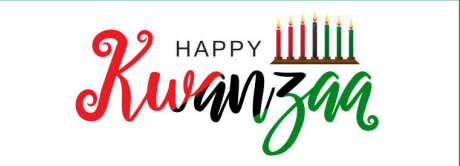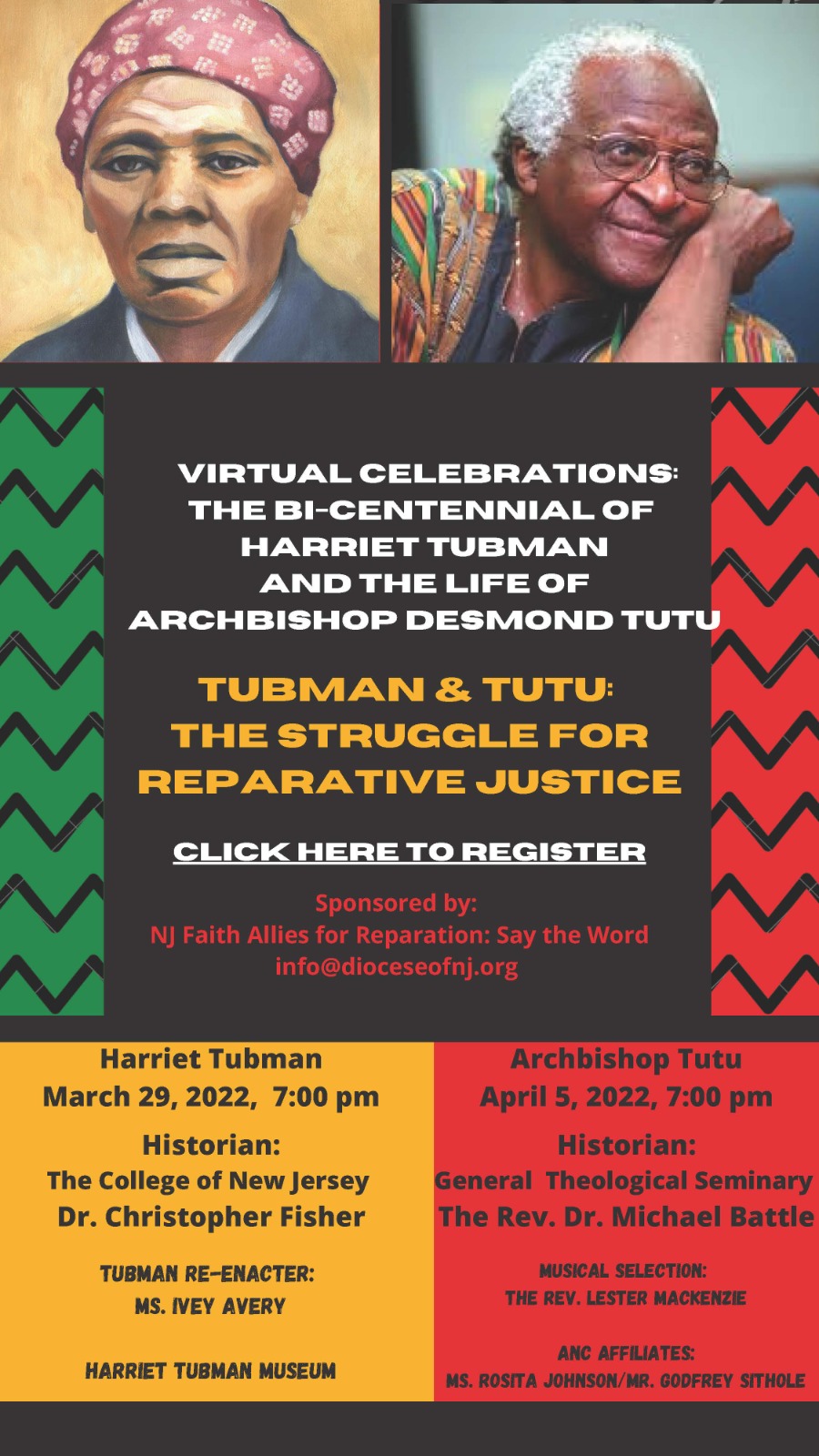
Happy Kwanzaa From The Nubian News & El Latino News
Kwanzaa, which begins Saturday, December 26 and continues through January 1, is a celebration of Black culture. The holiday was created in 1966 by Maulana Karenga, a Black nationalist and professor of Pan-African studies at California State University at Long Beach, Kwanzaa became popular in the 1980s and 1990s in tandem with the black power movement – making up the trio of winter holidays along with Hanukkah and Christmas.
The holiday is defined by Nguzo Saba, or the seven principles. Each day of the festival is dedicated to a specific principle, marked by lighting a new candle on the kinara, a seven-branched candelabra.
Here’s a look at what those principles are, and what they mean.
Umoja: Umoja means unity in Swahili. Karenga defines this on his Kwanzaa website as: “To strive for and maintain unity in the family,community, nation and race.
Kujichagulia: Or self-determination. This principle refers to defining, naming, creating and speaking for oneself.
Ujima: Translated as “collective work and responsibility,” ujima refers to uplifting your community.
“To build and maintain our community together and make our brother’s and sister’s problems our problems and to solve them together,” Karenga writes.
Ujamaa: Cooperative economics.Similar to ujima, this principle refers to uplifting your community economically. “To build and maintain our own stores, shops and other businesses and to profit from them together,” he writes.
Nia: Means purpose. Karenga expands on this principle with, “To make our collective vocation the building and developing of our community in order to restore our people to their traditional greatness.”
Kuumba: Meaning “creativity,” Karenga defines this principle as “To do always as much as we can, in the way we can, in order to leave our community more beautiful and beneficial than we inherited it.
Imani: The final principle translates to “faith.” Karenga defines this as faith in community, writing, “To believe with all our heart in our people, our parents, our teachers, our leaders and the righteousness and victory of our struggle.
Celebrations often include songs and dances, African drums, storytelling, poetry reading, and a large traditional meal. A child typically lights one of the candles on the Kinara (candleholder). An African feast, called a Karamu, is held on the last night before the new year.
The Nubian News & El Latino News wishes you a Kwanzaa filled with light, joy and purpose, and may we celebrate togetherness even when we are separated by distance.
Share to your favorite social media page
Follow Us
Fans
Fans
Fans
Fans


